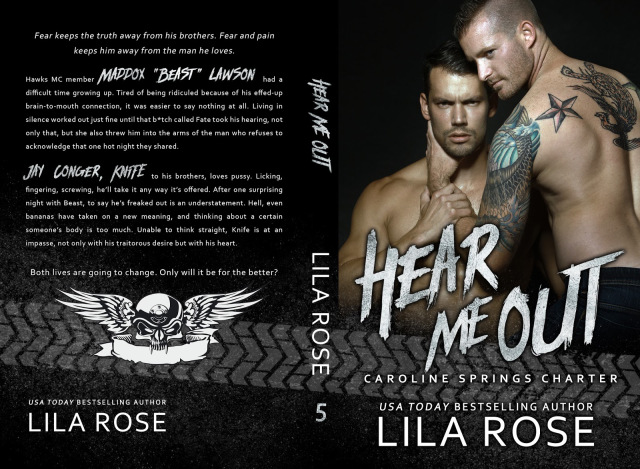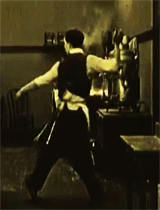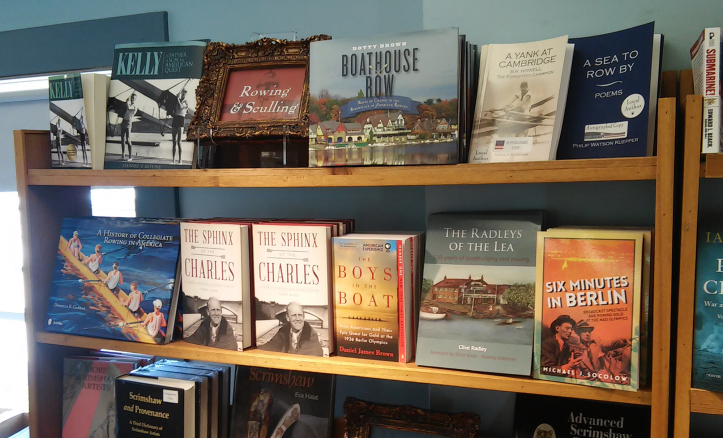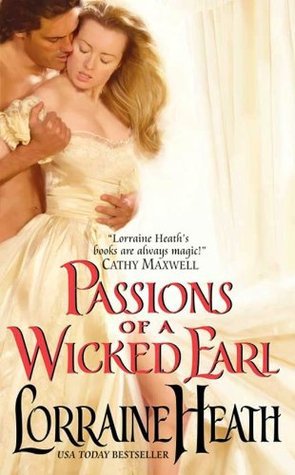I’ve seen Colson Whitehead’s The Underground Railroad on quite a few shelves since its publication toward the end of 2016, but somehow I failed to form a definite opinion about whether or not I wanted to read it until the final two weeks of 2017, when I suddenly needed a Pulitzer Prize winning book to complete my reading challenge. As I perused the list of winners and considered the titles most readily available, The Underground Railroad was the one that jumped out at me, and I had to pick it up immediately. I’m glad I did.
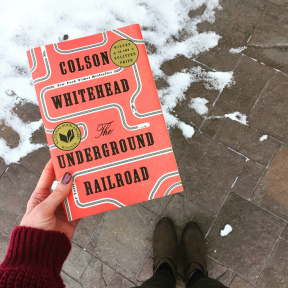 About the book: Cora was born on the Randall plantation in pre-Civil War Georgia. When she was ten years old, her mother ran away, leaving Cora behind. As a teenager, Cora is presented with a similar opportunity: she can leave slavery behind and escape with Caesar, who has a connection with the Underground Railroad. Once she steps foot off the Randall property, she’ll either end up free or dead. Although the outcome may sound simple, the journey is anything but. The train ride itself doesn’t take much time, but Cora spends months– years– trying to escape the “crimes” she left behind her and find the life she’s been told she can have off the plantation. “Free” never quite seems like an accurate description of Cora’s situation though, and there’s always the danger that she’ll be returned to Randall for a gruesome fate. A trail of deaths and injustices follows Cora on her search for safety as she travels through a wide range of places with all manner of people and discovers how deep prejudice can run.
About the book: Cora was born on the Randall plantation in pre-Civil War Georgia. When she was ten years old, her mother ran away, leaving Cora behind. As a teenager, Cora is presented with a similar opportunity: she can leave slavery behind and escape with Caesar, who has a connection with the Underground Railroad. Once she steps foot off the Randall property, she’ll either end up free or dead. Although the outcome may sound simple, the journey is anything but. The train ride itself doesn’t take much time, but Cora spends months– years– trying to escape the “crimes” she left behind her and find the life she’s been told she can have off the plantation. “Free” never quite seems like an accurate description of Cora’s situation though, and there’s always the danger that she’ll be returned to Randall for a gruesome fate. A trail of deaths and injustices follows Cora on her search for safety as she travels through a wide range of places with all manner of people and discovers how deep prejudice can run.
“But we have all been branded even if you can’t see it, inside if not without.”
“And America, too, is a delusion, the grandest one of all. The white race believes– believes with all its heart– that it is their right to take the land. To kill Indians. Make war. Enslave their brothers. This nation shouldn’t exist, if there is any justice in the world, for its foundations are murder, theft, and cruelty. Yet here we are.”
One of the most intriguing aspects about this particular Underground Railroad story was the use of a real underground train as part of the system. This new twist is also, I think, the main reason that Whitehead’s novel does not read like any other Underground Railroad tale I’ve ever encountered. The actual traveling between states takes so much less time than traversing on foot that the focus stays firmly on the characters: their lives and choices and hardships.
“Then it comes, always– the overseer’s cry, the call to work, the shadow of the master, the reminder that she is only a human being for a tiny moment across the eternity of her servitude.”
In The Underground Railroad, Whitehead allows the story to radiate out from Cora. We see sections about Caesar (her escape-mate), Cora’s mother and her mother’s mother, and even the slave hunter who’s dedicated himself to tracking Cora down. The reader may not agree with all of these characters’ choices, but the wider view of influencers in Cora’s life humanizes characters that might otherwise have been stock heroes or villains. Whitehead shows the reader the pasts that made each of them who they are, and how those people helped form Cora’s character and life conditions. We also see through Cora’s eyes at many different stages of her life rather than solely the time frame of her escape attempt. Cora herself is easy to appreciate, but the additional perspectives give the story a wider scope and a higher feel of plausibility. Whitehead balances the nuances of the multiple views expertly.
“Somewhere, years ago, she had stepped off the path of life and could no longer find her way back to the family of people.”
“A plantation was a plantation; one might think one’s misfortunes distinct, but the true horror lay in their universality.”
The only thing I would change about this book is the way it jumps through time. Normally I appreciate stories that start in medias res; I appreciate when characters don’t waste time explaining things blatantly to the reader that they wouldn’t be explaining if they weren’t aware that they were narrating a book, things that the reader can learn as the story progresses; but each new chapter of this book, and sometimes sections within chapters, seem to start in different times and places than where it left off, and it was often confusing for several sentences, paragraphs, or even pages how we had gotten from one point to the other and where we had ended up. There are lots of smaller stories within the overall arc of The Underground Railroad, and each of them jumps right in to the important parts without going into those helpful background details like time and place, and the big event that made him/her leave point A for point B in the first place. The Underground Railroad is a book that requires constant attention, but it will get you where you’re going in the end and it’s worth the extra puzzling to discover the truths Cora has to share.
“Freedom was a community laboring for something lovely and rare.”
“The world may be mean, but people don’t have to be, not if they refuse.”
My reaction: 4 out of 5 stars. This was a great read, a book with pages that practically turn themselves because of the engaging plot and sympathetic characters, but also a book that teaches. For the first time since US history lessons in elementary school, I felt like I was reading a new story about the Underground Railroad, something that connected with me emotionally and still felt like it had relevant messages about kindness and equality even in a time when slavery no longer exists in the US. I’m definitely feeling encouraged to pick up more Pulitzer Prize winners.
Further recommendations:
Have you read any Pulitzer Prize books that you would recommend?
Sincerely,
The Literary Elephant
Advertisements Share this: